The Solem Quartet violist on the life of a chamber musician and how to create your own professional path
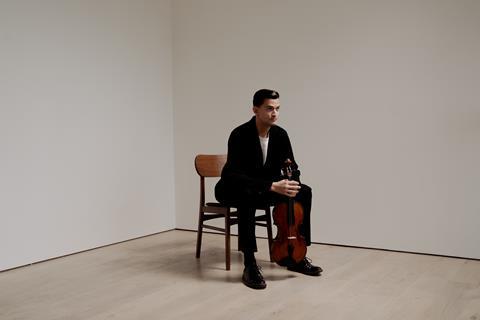
Discover more Featured Stories like this in The Strad Playing Hub.
Read more premium content for subscribers here
Marilyn Seelman, my first teacher, was a pivotal person for me and changed my world view of what was possible. She inspired me to do what was needed for me to become a professional musician, particularly when it came to building a solid technical foundation. Something I learnt from her is the idea of moving from technique-driven sound, to sound-driven technique.
During my time at New England Conservatory, I learnt from Carol Rodland and then Martha Katz. Carol was incredible when it came to body awareness and finding the most natural and physically fluid way to make the biggest sound. Martha, who was the founding violist in the Cleveland Quartet, was a big influence when it came to my ultimately joining a professional quartet. Through her stories and coaching she showed me what the role required and the lifestyle entailed. What we do in a quartet is so intense and uncompromising that I recommend keeping it light outside rehearsals or concerts. You need to be sensitive to others’ needs and know when to make that well-timed joke! You spend much more time in cars, trains and airport gates than on stage, so it’s important to decide what that time together looks like.
I always knew I wanted to do things a little outside the box – whether that was more self-led projects or contemporary music – and this in part brought me to study at the Guildhall School with David Takeno in London. Even though he is a violinist, his class was filled with plenty of non-violinists, and it really brought home his point about being a musician first and an instrumentalist second.
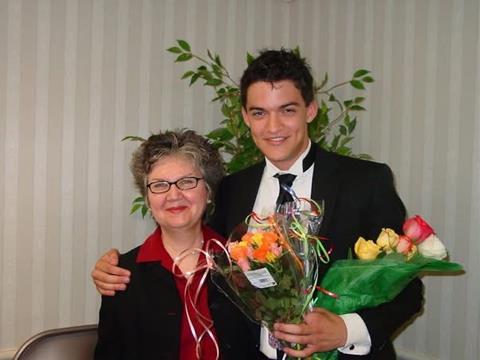
For young players, I’d recommend using your time at university as a laboratory – to experiment with all the ideas you have. You’ll never have that amount of time and resource simultaneously again. Once you’ve done that, you’ll have a better idea of where to go when you enter professional life. In the often awkward transition between study and the profession, it’s important to have a clear vision of your interests and to be knowledgeable about them. People sense when you are genuinely passionate about something and are then more willing to give you a chance. So put yourself out there – don’t wait for the phone to ring!
My other great passion in life is visual art. It’s so important to find communities that are completely outside music, both to complement the intensity of being a musician and to find parallels between the two worlds. In my case, I’ve been inspired by the risks that exhibitions take when it comes to new art – something that isn’t done so easily in classical music programming. I particularly love looking at drawings. As you observe the strokes, you experience the decisions the artist was making at the time. It makes me think of how I make my own decisions to make sound with as little effort as possible, like Carol encouraged me to do all those years ago.
INTERVIEW BY RITA FERNANDES
Read: Technique: Stephen Upshaw on developing powerful base knuckles
Read: Session Report: The Solem Quartet’s recording of 20th-century and contemporary music
Discover more Featured Stories like this in The Strad Playing Hub.
Read more premium content for subscribers here
The number one source for playing and teaching books, guides, CDs, calendars and back issues of the magazine.
In The Best of Technique you’ll discover the top playing tips of the world’s leading string players and teachers. It’s packed full of exercises for students, plus examples from the standard repertoire to show you how to integrate the technique into your playing.
In the second volume of The Strad’s Masterclass series, soloists including James Ehnes, Jennifer Koh, Philippe Graffin, Daniel Hope and Arabella Steinbacher give their thoughts on some of the greatest works in the string repertoire. Each has annotated the sheet music with their own bowings, fingerings and comments.
The Canada Council of the Arts’ Musical Instrument Bank is 40 years old in 2025. This year’s calendar celebrates some its treasures, including four instruments by Antonio Stradivari and priceless works by Montagnana, Gagliano, Pressenda and David Tecchler.


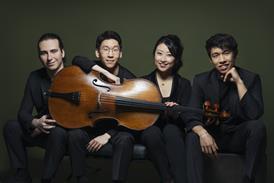

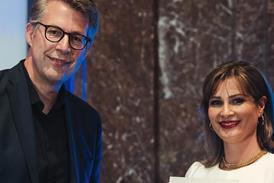

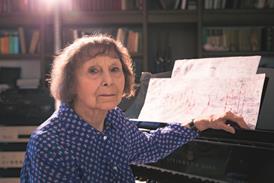
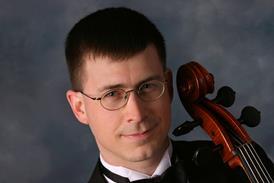

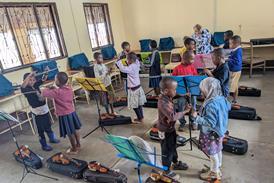
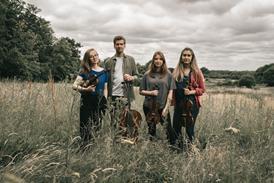
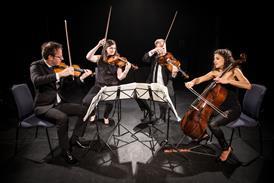
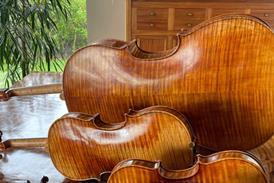
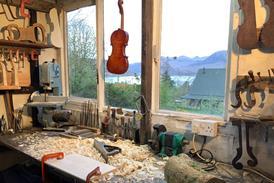
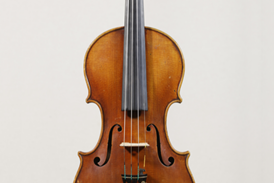
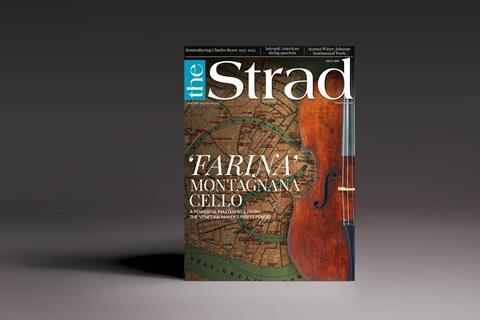




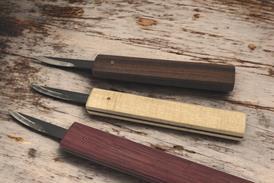

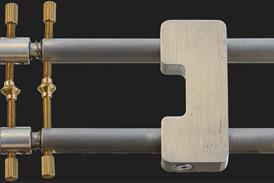















No comments yet